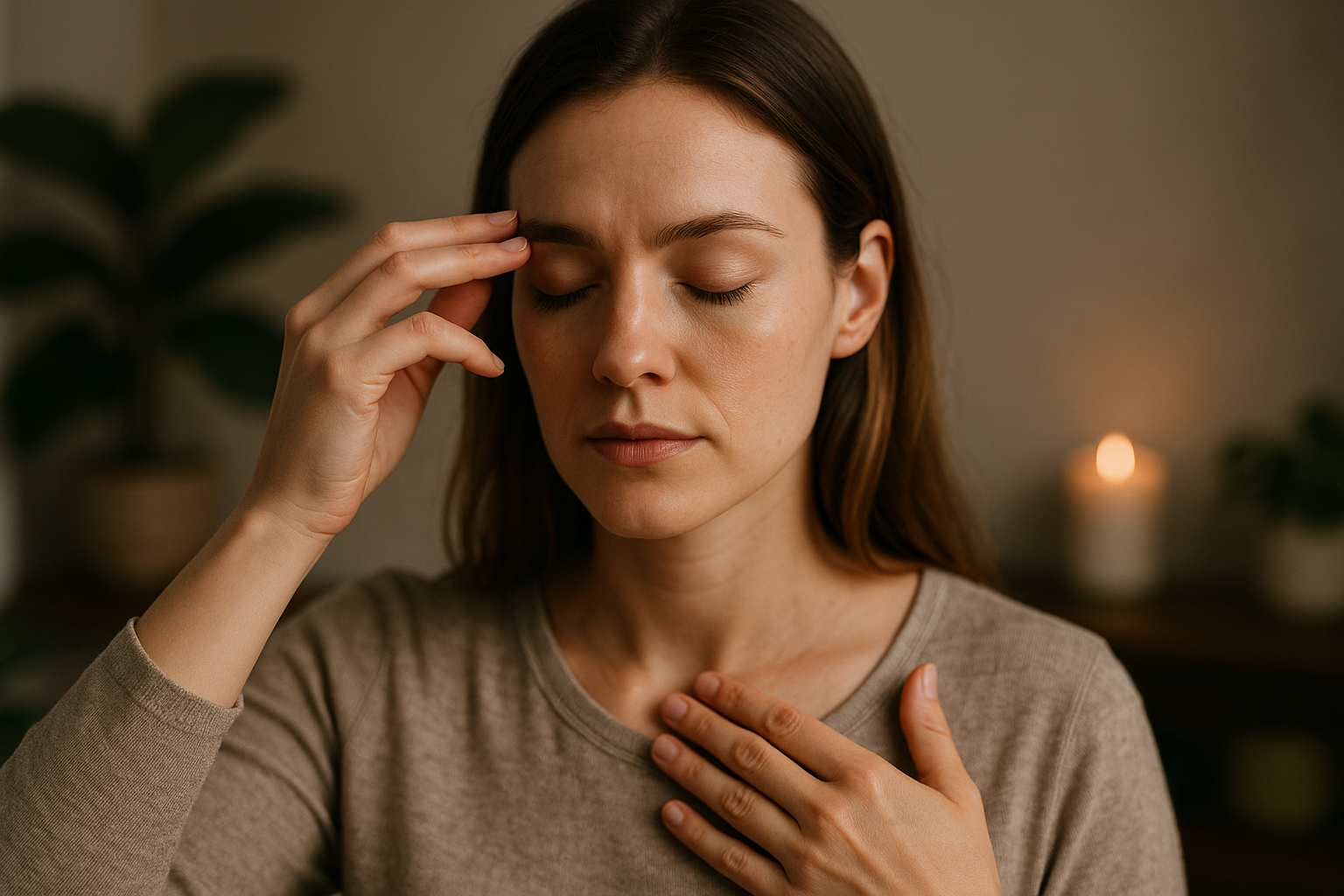How To Overcome Anxiety And Depression
Anxiety and depression affect millions of Americans, creating significant challenges in daily life, work, and relationships. While these conditions often occur together and can feel overwhelming, numerous evidence-based approaches exist to help manage symptoms and improve quality of life. Understanding the various treatment options, coping strategies, and professional interventions available can empower individuals to take meaningful steps toward recovery and emotional well-being.

How To Get Rid Of Anxiety Through Professional Treatment
Professional treatment forms the foundation of effective anxiety management. Mental health professionals typically recommend cognitive behavioral therapy (CBT), which helps individuals identify and modify negative thought patterns that contribute to anxiety symptoms. This therapeutic approach teaches practical skills for challenging distorted thinking and developing healthier responses to stress triggers.
Medication options include selective serotonin reuptake inhibitors (SSRIs) and serotonin-norepinephrine reuptake inhibitors (SNRIs), which can help regulate brain chemistry associated with anxiety disorders. Healthcare providers may also prescribe short-term anti-anxiety medications for acute symptoms, though these require careful monitoring due to potential dependency risks.
Ways To Calm Anxiety Fast Using Immediate Techniques
When anxiety strikes suddenly, several rapid-response techniques can provide relief within minutes. Deep breathing exercises activate the parasympathetic nervous system, naturally reducing stress hormones and heart rate. The 4-7-8 breathing technique involves inhaling for four counts, holding for seven, and exhaling for eight counts.
Grounding exercises help redirect attention away from anxious thoughts by engaging the senses. The 5-4-3-2-1 technique involves identifying five things you can see, four you can touch, three you can hear, two you can smell, and one you can taste. Physical movement, such as progressive muscle relaxation or brief walks, can also quickly reduce tension and anxiety levels.
How To Calm Anxiety Quickly With Lifestyle Changes
Sustainable anxiety management requires consistent lifestyle modifications that support overall mental health. Regular exercise releases endorphins and reduces stress hormones, with studies showing that 30 minutes of moderate activity several times weekly can significantly decrease anxiety symptoms.
Sleep hygiene plays a crucial role in anxiety management. Maintaining consistent sleep schedules, limiting caffeine intake after 2 PM, and creating calming bedtime routines help regulate mood and reduce anxiety triggers. Dietary changes, including reducing alcohol and increasing omega-3 fatty acids through fish or supplements, can also support emotional stability.
Treatment Options For Anxiety And Depression
Various treatment modalities address both anxiety and depression simultaneously, as these conditions frequently co-occur. Dialectical behavior therapy (DBT) teaches distress tolerance and emotion regulation skills particularly effective for individuals experiencing both conditions. Mindfulness-based stress reduction (MBSR) programs combine meditation techniques with psychological education to reduce symptoms.
Alternative treatments include acupuncture, which some studies suggest may help reduce anxiety symptoms, and light therapy for individuals whose depression has seasonal patterns. Support groups, whether in-person or online, provide peer connections and practical coping strategies from others with similar experiences.
Professional Services And Cost Considerations
Mental health treatment costs vary significantly based on location, provider credentials, and insurance coverage. Individual therapy sessions typically range from $100-$300 per session, while group therapy options cost approximately $40-$80 per session. Psychiatric consultations for medication management generally range from $200-$500 for initial appointments and $100-$200 for follow-ups.
| Service Type | Provider | Cost Estimation |
|---|---|---|
| Individual Therapy | Licensed Clinical Social Worker | $80-$150 per session |
| Individual Therapy | Licensed Psychologist | $120-$250 per session |
| Psychiatric Consultation | Psychiatrist | $200-$400 initial visit |
| Group Therapy | Community Mental Health Centers | $25-$60 per session |
| Online Therapy Platforms | BetterHelp, Talkspace | $60-$90 per week |
Prices, rates, or cost estimates mentioned in this article are based on the latest available information but may change over time. Independent research is advised before making financial decisions.
Long-term Management Strategies
Recovery from anxiety and depression requires ongoing commitment to mental health maintenance. Regular therapy check-ins, even during stable periods, help prevent relapse and address emerging challenges. Developing a personal wellness plan that includes stress management techniques, social support networks, and healthy coping mechanisms creates a strong foundation for continued recovery.
Building resilience through stress management skills, maintaining social connections, and engaging in meaningful activities supports long-term emotional well-being. Many individuals find that combining professional treatment with self-care practices and peer support creates the most comprehensive approach to managing anxiety and depression symptoms effectively.
This article is for informational purposes only and should not be considered medical advice. Please consult a qualified healthcare professional for personalized guidance and treatment.




